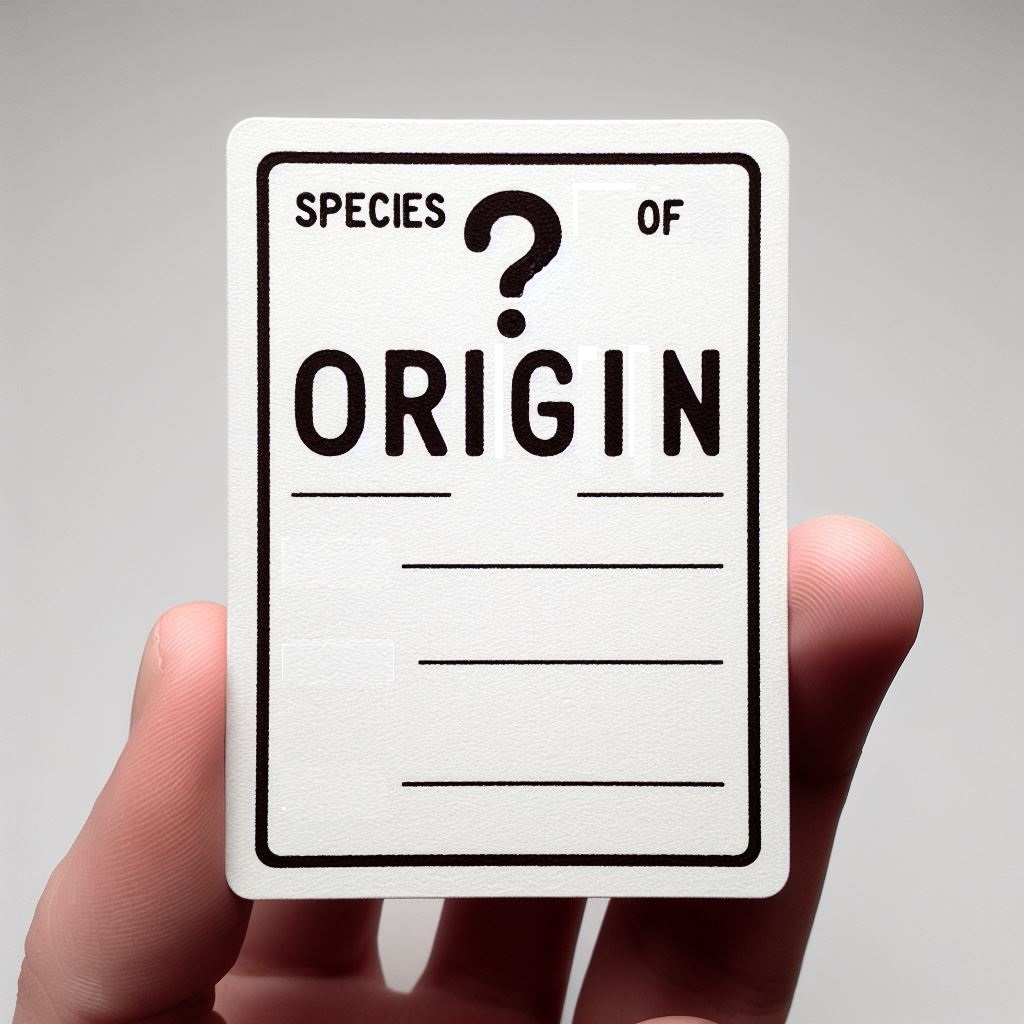A surprising number of people seem to misunderstand the distinctions between translators, interpreters, and linguists. Worse yet is the misunderstanding that any of these categories of professionals should be expected to be able to do the job of the others.
Admittedly, even respected dictionaries leave room for—and can be accused of promoting—confusion between these terms. People spending large budgets on language services, however, should reasonably be expected to distinguish between these three terms of art in the field of language services. The differences are not difficult to grasp.
To be sure, there are a small number of people who cross the boundaries between the professions, but these are quite rare, and a translator should not be assumed capable of interpreting, or an interpreter of translating.
Translators
A translator engages in translation, which is the production of a text written in a target-language from a text written in a source language. Translators write words, but work without uttering a word that they are translating. A Japanese-to-English translator works from a Japanese source text, translating it into an English target text. Only a small portion of Japanese-to-English or English-to-Japanese translators are capable of interpreting between those languages, and most do not even want to be interpreters.
Interpreters
An interpreter engages in interpreting (rarely, but confusingly, sometimes called interpretation), which is the expression of a message spoken originally in the source language as a message spoken in the target language. While there are exceptions, most Japanese/English interpreters consider themselves exclusively interpreters and do not actively seek out translation assignments. Many of them would not be good translators.
Linguists
The term linguist is just a bit more problematical, because of a range of meanings. Strictly speaking, a linguist is a specialist in, not surprisingly, linguistics, which deals with the characteristics of language, including aspects such as structure, syntax, semantics, and origins.
In many years of serving the commercial translation market, we have encountered only a small number of working commercial translators who were also linguists, and have met very few linguists who are actively translating or who are even capable of translating or wish to translate as a profession. That separation is even greater when we consider linguists who might interpret. There are very few such people. Similar to the case of translators, interpreters and linguists are two quite distinct groups.
People who should know better, but don’t, misuse the term linguist, and some who know better, purposefully misuse the term.
You often see translation companies (particularly the ones more accurately characterized as translation brokers) boasting of all the “linguists” they have. This makes one wonder why they would talk about a group of professionals not generally engaged in or proficient at translation when they are trying to sell translation services.
Perhaps they think it makes the people they sell translations to feel better that their documents are being translated by people called linguists. Or perhaps they think that the translators they purchase translations from will feel better working for low rates if they can wear the title of linguist.
To be fair, there is the argument that linguist just means someone who is good at a number of languages, but professional translators realize that being “good at a number of languages” doesn’t mean you can translate.
There you have it, a short description of three often-confused professions. Although it might be optimistic for language professionals to expect people outside these fields never to confuse them, when a non-specialist such as a client gets it right, we feel more comfortable than when we need, for example, to inform an interpreting client that will we not be translating in their meeting or deposition.

